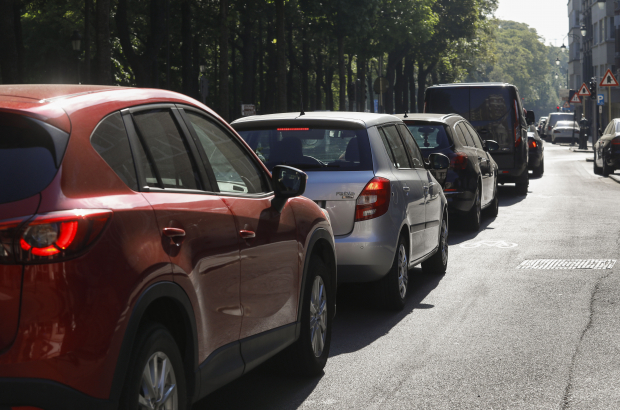- Daily & Weekly newsletters
- Buy & download The Bulletin
- Comment on our articles
Report shows majority of Brussels households without a car
A majority of Brussels households do not have a car, according to a new report compiled by Belgian statistical agency Statbel.
The new report shows that 289,952 Brussels households are without a car, accounting for 53% of households. Most other households have one car (38%), and a small proportion have two or more. The report shows low car ownership among single people while couples with children usually have at least one car.
It is the first time that such detailed statistics of car ownership have been compiled by the statistical office. Until now, most figures were based on surveys, but for this new report, Statbel linked population register figures to figures from the Vehicle Registration Service. Tax data was also used to gain insight into company cars (which are not registered with a family but with an employer).
The low car ownership is mainly due to single people, according to the report. They make up almost half the population in Brussels and most of them do not own a car (seven singles in 10 do not have one). For couples without and especially with children, car ownership is higher (two families in three own at least one car).
Not only does the type of household play a role, but also the municipality. Roughly speaking, car ownership is at its lowest in the central municipalities. The further from Brussels city centre, the higher the car ownership. The socio-economic profile of the municipality also clearly plays a role: in the wealthy municipalities in the south-east of Brussels, car ownership is the highest, and these also record the largest number of families with two or more cars.
In Sint-Joost-ten-Node, car ownership is at its lowest (69% do not have a car). The small municipality is centrally located, the average income is quite low, and almost half of its residents are single. At the other end of the spectrum, Woluwe-Saint-Pierre, which is somewhat more peripherally located, prosperous, and home to many couples with or without children, those without a car account for 33% of the commune’s households.
As the new report is using new methodology, Stratbel admits that it is difficult to determine with certainty whether car ownership in Brussels is decreasing or not. However, previous data does seem to indicate a decrease in car ownership in the city. In 2006, based on surveys, 75% of families still had a car, and in 2017, the figure was 55%. That has now fallen to 47%.


















